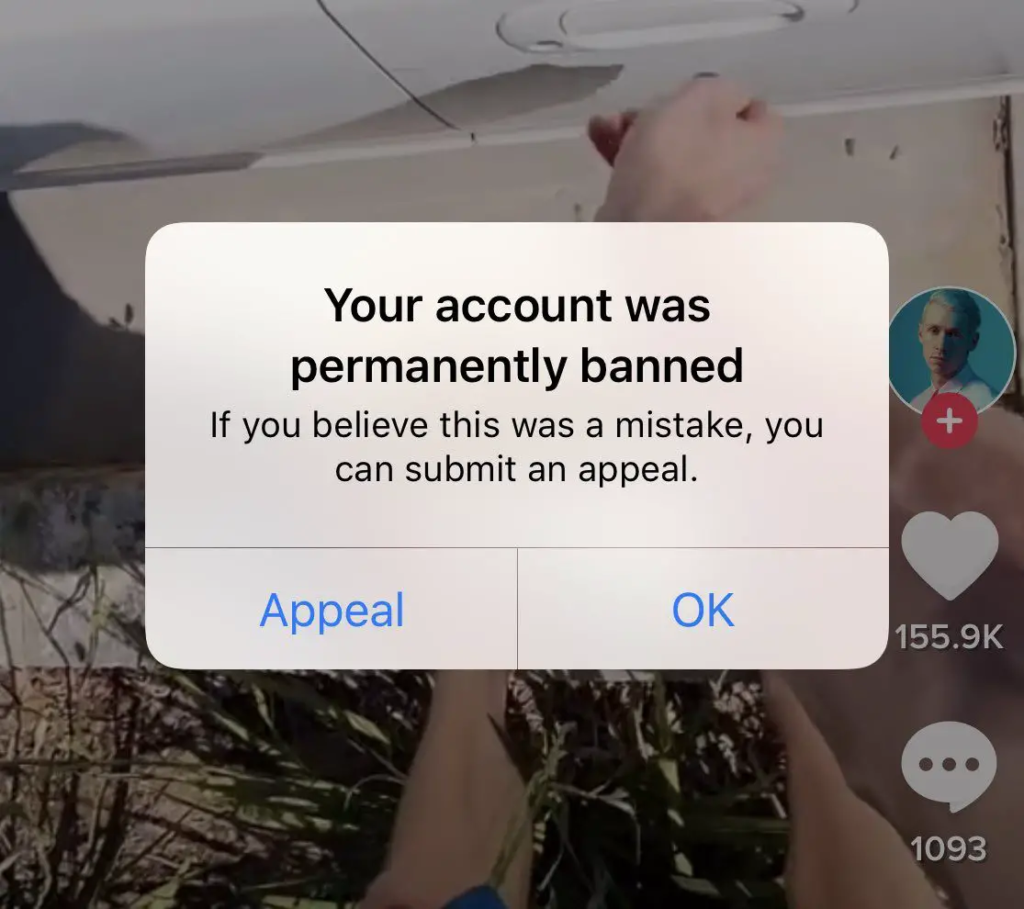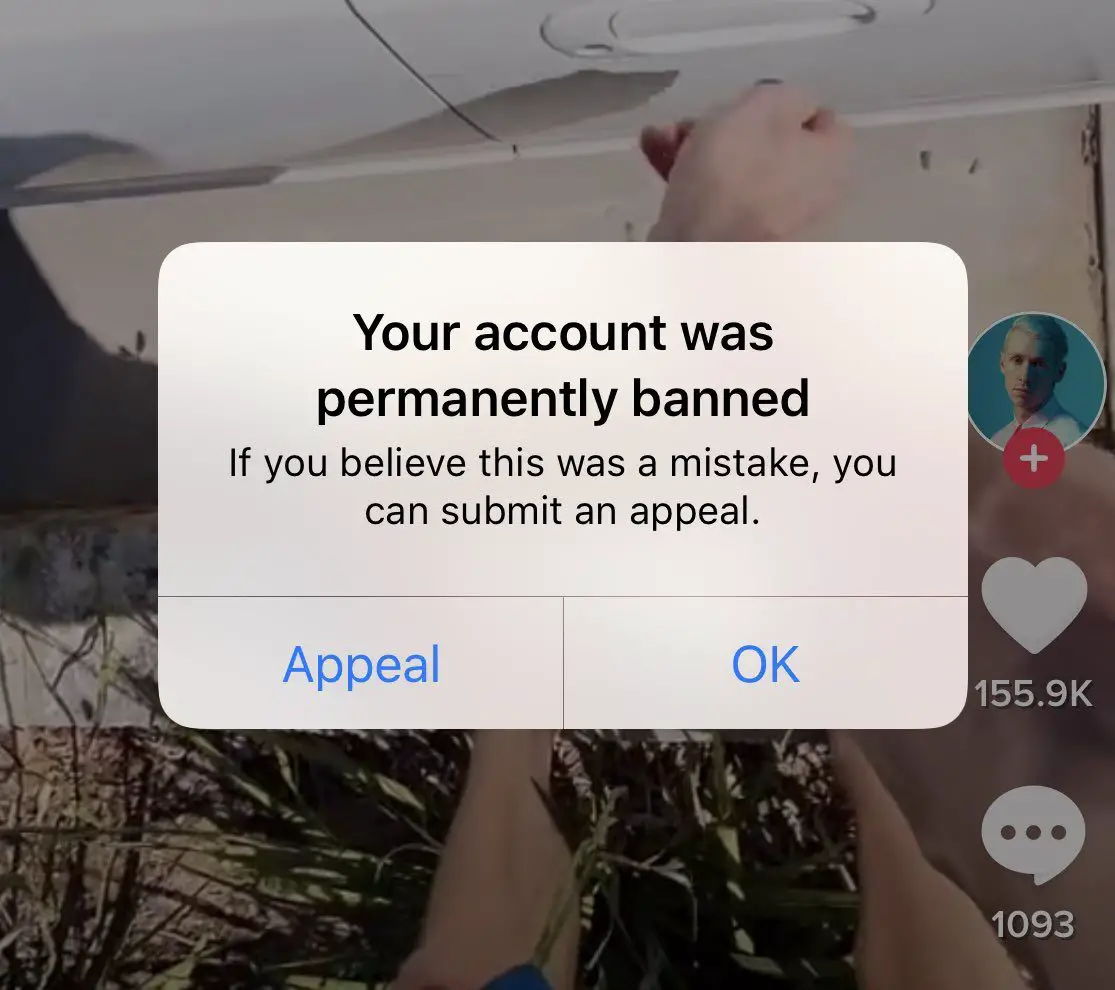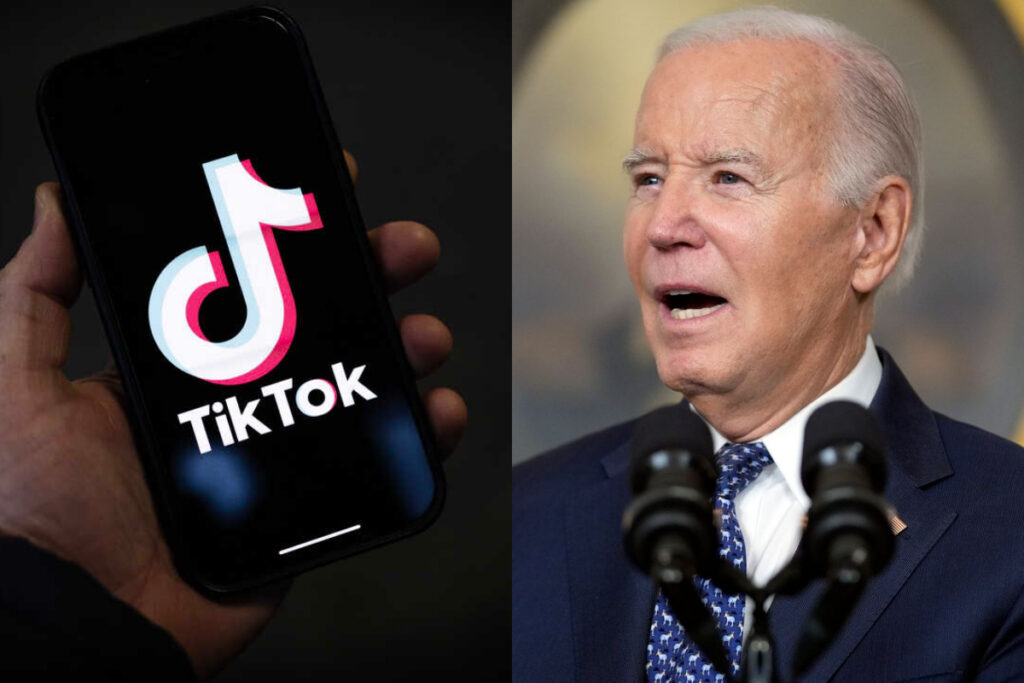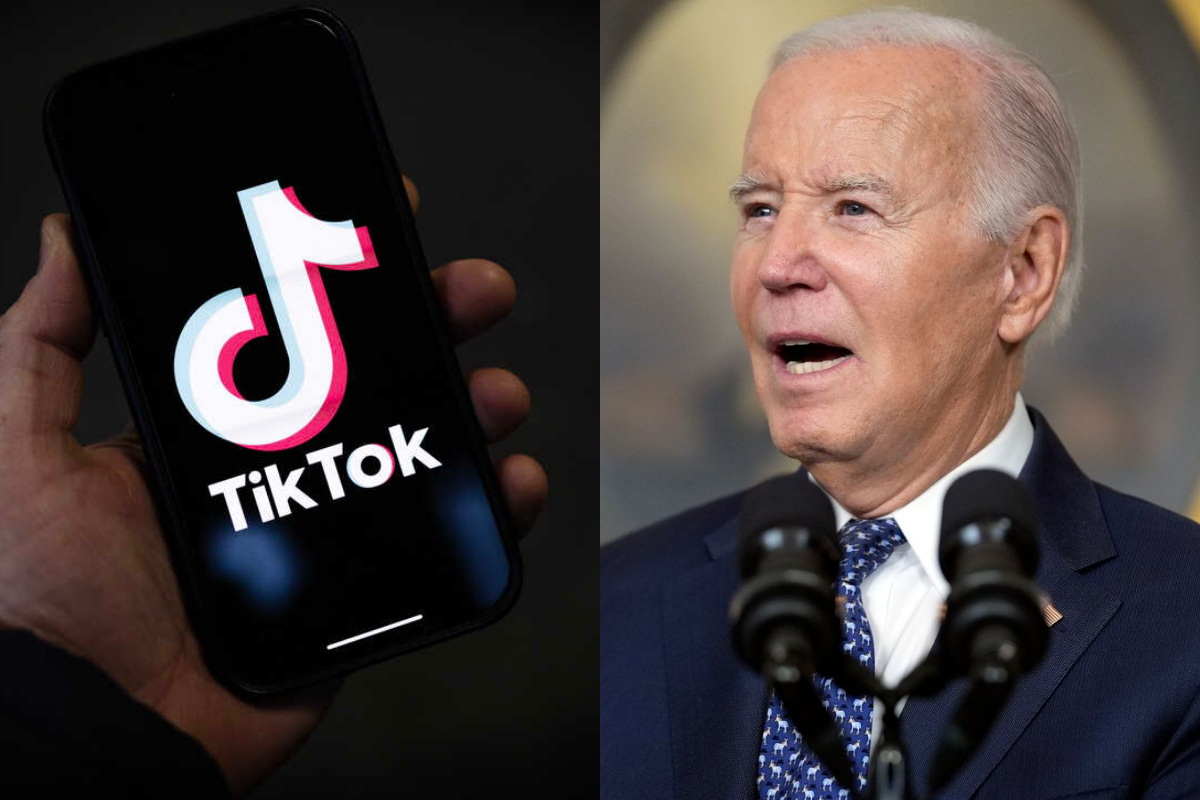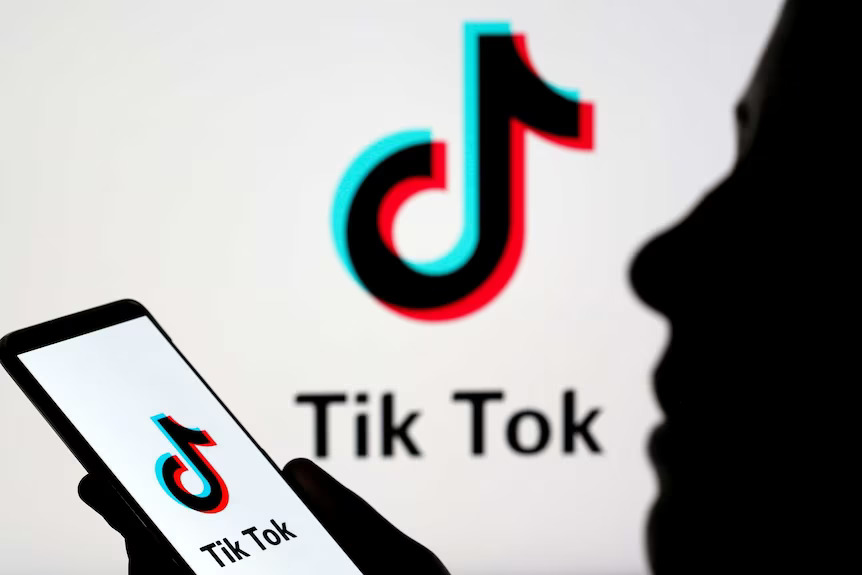Joe Biden Says he’ll Ban TikTok if Congress Passes Bill, But he’s Campaigning on it Until Then
In an era where the digital landscape is as contentious as the physical, the stance of a political figure—hypothetically, President Joe Biden—on a platform as influential as TikTok captures the intricate dance between leveraging modern communication tools and upholding national security interests. The recent declaration that a ban on TikTok could be considered if Congress passes relevant legislation, juxtaposed with the platform’s use in campaign strategies, paints a vivid picture of the complexities facing today’s political leaders.
The Power of Social Media in Politics
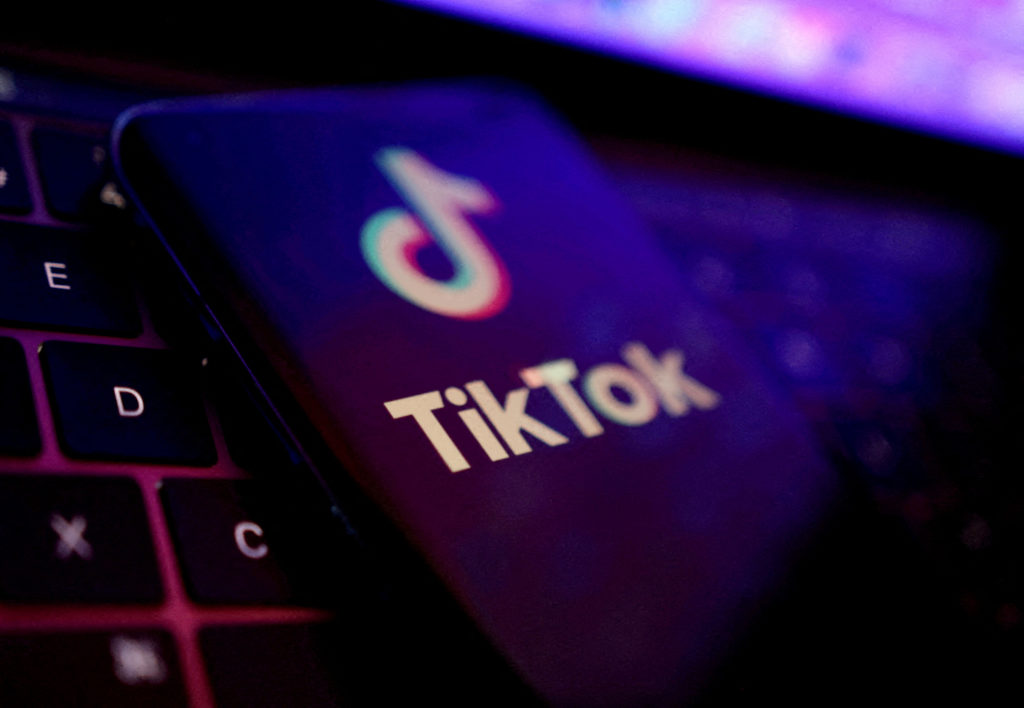
Image Source: pbs.org
The role of social media in shaping political discourse cannot be overstated. Platforms like TikTok have revolutionized how politicians engage with the electorate, breaking down barriers and fostering a sense of direct communication. However, the pervasive reach of these platforms also raises significant concerns regarding privacy, misinformation, and foreign influence, leading to discussions about regulation and control.
The Legislative Landscape
The push for legislation to potentially ban TikTok reflects growing apprehensions about the influence of foreign-owned technology companies on national security. This concern is not isolated to any one political party or figure but is a broad issue that resonates with lawmakers across the spectrum. The hypothetical stance of President Biden to support a ban if Congress acts underscores the delicate balance between national interests and the freedoms that define democratic societies.
Campaigning in the Age of Social Media
Despite the controversies surrounding platforms like TikTok, their effectiveness as tools for political campaigning is undeniable. The ability to reach millions of users, particularly younger demographics traditionally less engaged in politics, is invaluable. This dual-edged sword presents a unique challenge: how to reconcile the use of a platform that may be deemed a security risk with the benefits it offers in connecting with a broad audience.
Public Reaction and the Path Forward
Public reaction to these developments is varied, reflecting the diverse opinions on technology, privacy, and government regulation. Advocates for a ban cite concerns over data privacy and foreign influence, while opponents argue for the importance of free speech and the innovative ways social media enables political engagement.
Conclusion
The debate over TikTok and its place in American politics is emblematic of the broader challenges facing a society navigating the complexities of the digital age. As hypothetical figures like President Biden weigh the benefits of social media in campaign strategies against the potential risks, the path forward requires a nuanced approach that considers both the imperatives of national security and the values of open communication and innovation.
